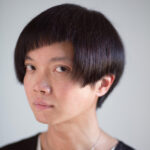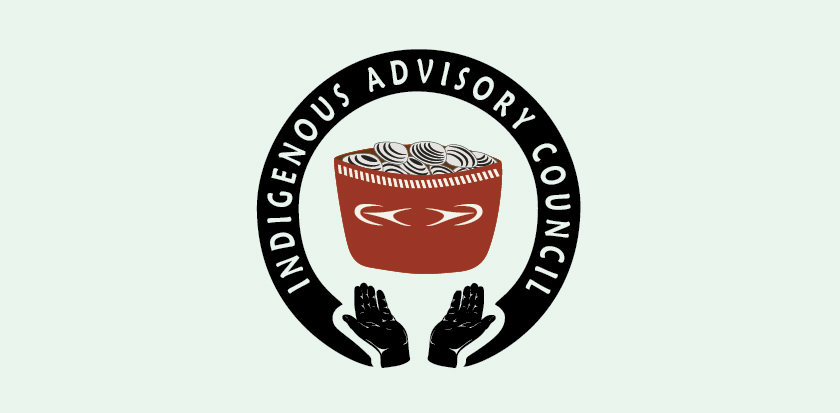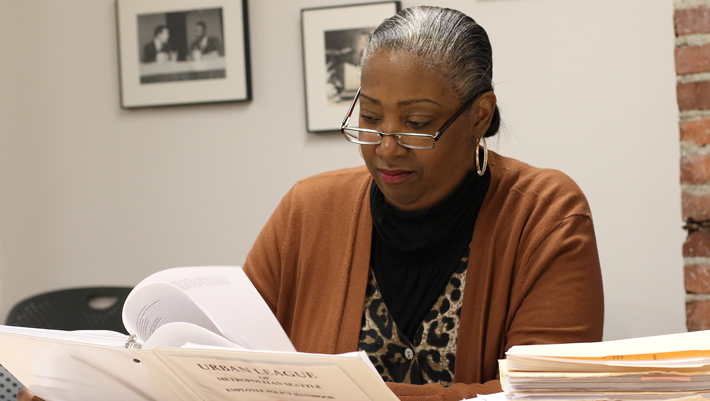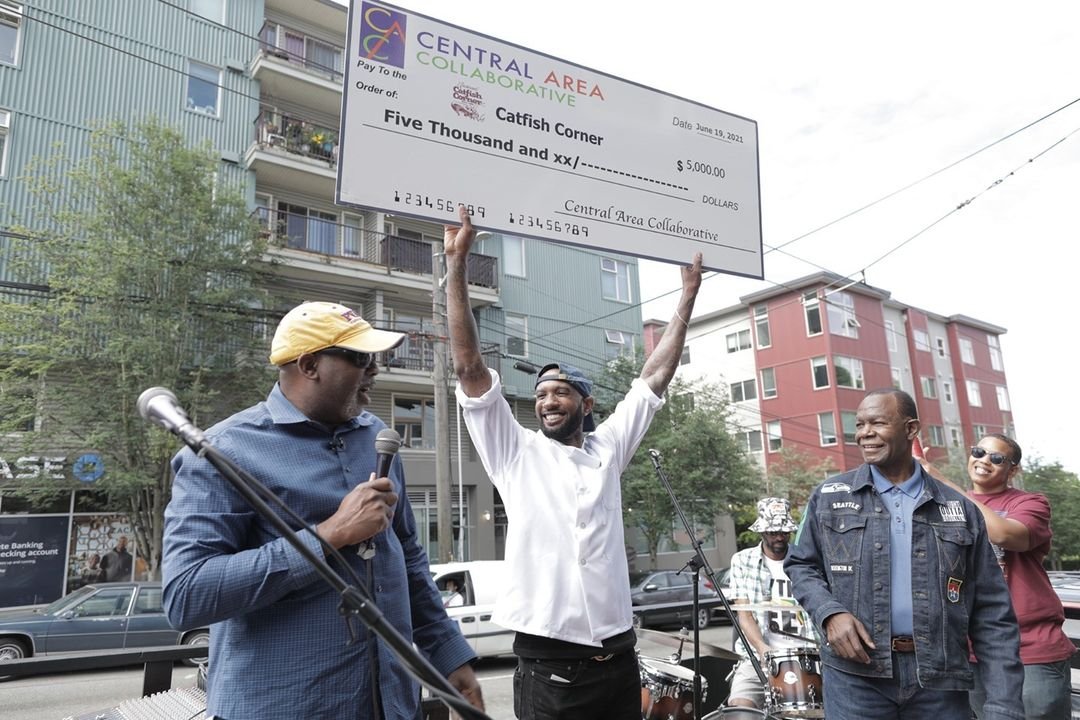
Historic preservation in Seattle begins with community. The Seattle Histories storytelling project highlights the places, people, and events that have shaped the history of Seattle’s communities. These stories, told by community members, emphasize experiences and narratives that may have been overlooked or misrepresented in our city. In honor of PRIDE month, we asked community members to submit stories specific to the history of Seattle’s LGBTQ+ community. Read the LGBTQ+ Seattle Histories stories and then delve into the full project.
From Singapore to Seattle – an immigrant’s journey to healthcare and fashion integration
By Victor Loo
“千里之行,始于足下 – A journey of a thousand miles begins with a single step” is a common saying that originated from a Chinese proverb. The quotation is from Chapter 64 of the 道德经 (Dao De Jing) ascribed to 老子 (Laozi). This saying teaches that even the longest and most difficult ventures have a starting point; something which begins with one first step. I took that single step, and this is my story.
My name is Victor Loo (he/him), and I am a first-generation Chinese immigrant who is originally from Singapore, a city of sunshine right on the equator. Ironically, I immigrated to Seattle known for its rain, but I have adapted and grown to love the Emerald City and now call it my home. Until I was 12, my family lived in a tiny low-income, government-subsidized apartment without separate bedrooms, and my two brothers and I shared a single mattress.

This humble beginning created the drive to be successful, and the lived experience helped me to develop empathy to serve vulnerable communities, especially BIPOC, 2SLGBTQIA+, immigrants, refugees, and unhoused/homeless/unsheltered individuals, all of whom face higher disparities and lack access to resources. With the empathy and drive to advocate for equity and social justice, this paved the way for me to pursue a career in healthcare and social services.
Having a smaller physique and feminine facial features and being a gender nonconforming individual, growing up gay and Chinese in Singapore had its challenges. Section 377A was a Singaporean law that criminalized sex between consenting adult males. It was subsequently repealed in its entirety in 2023. The repeal of 377A turns the page on a dark chapter of Singapore’s history where gay men not only faced intense social stigma but were actively targeted by authorities. Although progress needs to continue toward marriage equality, this is a milestone for the LGBTQ community in Singapore.
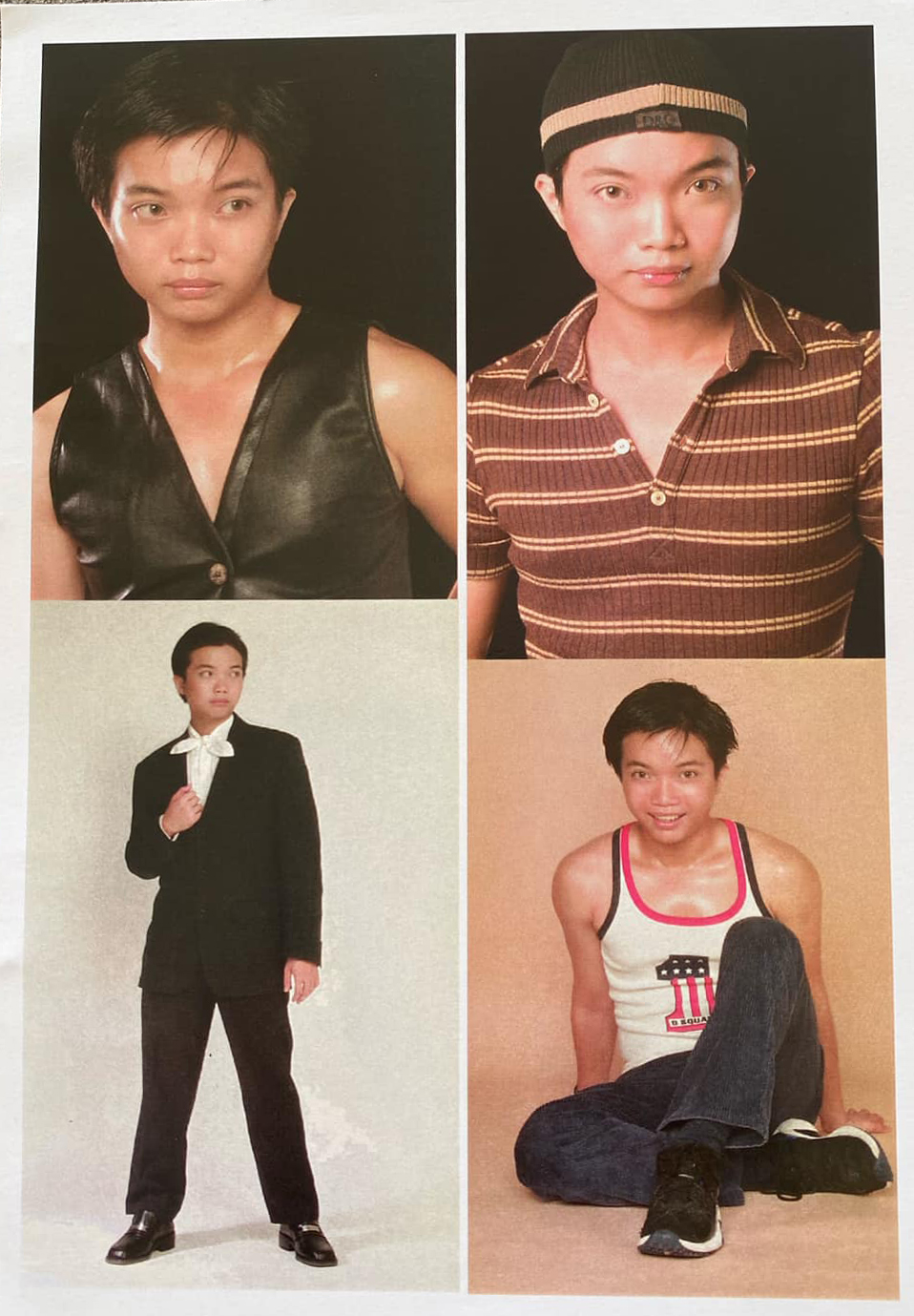
Despite the roadblocks, I was discovered at a shopping mall in Singapore and became a model when I was a teenager. The features that I was told to believe were a hindrance had somehow turned into the assets that launched my modeling career. As a branding and marketing strategy, I was asked to do volunteer work to help portray a healthy and positive image as a model. On one occasion, I volunteered at an assisted living facility and gave cookies to elders. One of them held my hand and said, “I cannot give you anything in return, but I will give you happiness.” While I was there as a marketing strategy for my modeling career, that incident inspired me to pursue a different career path in healthcare and social services. To this day, I remember that moment.
An opportunity brought me to Seattle, and I gave up my career in a glamorous industry. Although there was a sense of freedom and liberation to be myself after immigrating from Singapore to Seattle, I still faced challenges of assimilation and acculturation in a foreign country. I experienced social isolation not only from my own ethnic/cultural communities but also from the mainstream 2SLGBTQIA+ community. Furthermore, we experience discrimination, prejudice, and misunderstanding in interactions with the mainstream 2SLGBTQIA+ community, unfamiliar with our cultural complexities.
It was difficult to find individuals like me of Asian descent who were also from the 2SLGBTQIA+ community. At that time, I also learned that there were no younger adults of Asian descent who were certified/licensed to provide substance use disorder services. Feeling compelled to assist the Asian American, Native Hawaiian, and Pacific Islander communities, I began pursuing this career path. Coincidentally, my healthcare work led me to a job at Asian Counseling and Referral Service (ACRS); ACRS promotes social justice and the well-being and empowerment of Asian Americans and Pacific Islanders and other underserved communities – including immigrants, refugees, and American-born – by developing, providing and advocating for innovative, effective and efficient community-based multilingual and multicultural services. At ACRS, I met leaders/mentors/friends who are Asians and also from the 2SLGBTQIA+ community. Essentially, I found a community to whom I could relate, and they were role models that inspired me to be actively engaged in the work I do. Along with them, we developed programs to encourage individuals to feel comfortable and affirmed in our 2SLGBTQIA+ and Asian identities. I also participated in ACRS’s ”Out and Proud – Queer Like You” poster campaign featuring members of the local 2SLGBTQIA+ and Asian communities.
Immigrating at a young age, I understand 2SLGBTQIA+ youth who experience discrimination also experience more inequity. To address these health disparities, I assisted ACRS to begin initial planning to develop the Queer-in (Q-in) Program by cultivating and training youth 2SLGBTQIA+ leaders to develop programming that meets critical service gaps for 2SLGBTQIA+ youth in Seattle and King County.

Reflecting on the work with intersection to my identity, I realize that while we center on 2LGBTQIA+ individuals, we recognize that the needs, experiences, and resiliencies of our community are diverse and reflect the whole person, not just our identity. We cannot have liberation without examining and undoing the ways we also perpetuate oppression—such as anti-black racism, ableism, classism, sexism, and capitalism.
With guidance and support, my work was recognized, and I received an Exemplary Service Award in Direct Service from King County Behavioral Health and Recovery Division, and Richard Rivera Male Passionate Youth Professional Award from Washington State Health Care Authority of Behavioral Health and Recovery Division. I am grateful for the mentorship from leaders and mentors, especially from ACRS, who believed in my vision and passion and provided me with opportunities. Eventually, I expanded my work beyond substance use disorder to integrated managed care, which consists of primary care, behavioral health care, and social determinants of health.
Leaders and mentors continue to assist me in personal and professional development, and I follow their path to cultivate new leaders for workforce development. My work begins to be recognized at the local and national level, and some key accomplishments include National Council for Mental Wellbeing Healthy Youth Leader; Substance Abuse and Mental Health Services Administration-U.S. Health Resources & Services Administration Center for Integrated Health Solutions Addressing Health Disparities Leader; HealthierHere Governing Board Executive Committee to improve health outcomes across King County; King County Mental Illness and Drug Dependency Advisory Committee where I represented a provider of culturally specific mental health services in King County, and the only representative for US Department of Health & Human Services’ Region 10 – Alaska, Idaho, Oregon, and Washington on the National Network to Eliminate Disparities in Behavioral Health Steering Committee.
With my shift to healthcare and social services work, I did not think I would model again. But, I was mistaken as female at an event I was attending and thus began my career as a non-binary/androgynous model. I have been fortunate to grace several magazines’ covers, and have been featured in multiple editorial series and endorsements that also led me to London Fashion Week. With the second chance to model again, I intend to use the fashion platform and merge my healthcare work into my modeling to advocate and elevate equity for integrated managed care specifically for BIPOC, 2SLGBTQIA+, immigrants/refugees, and unhoused/homeless/unsheltered individuals.
Homelessness places BIPOC and 2SLGBTQIA+ individuals at greater risk of viruses due to preexisting health conditions, inadequate access to nutritious food, hygiene, sanitation, and health care, as well as stigma and discrimination. People experiencing homelessness have more difficulty accessing necessary resources than people who have stable housing. The inequities that BIPOC and 2SLGBTQIA+ individuals experiencing homelessness face were heightened by the pandemic. Racism and institutional barriers were also magnified during the pandemic, which led to increased homelessness as a public health issue that affected BIPOC and 2SLGBTQIA+ folx disproportionately. In partnership with Purpose Dignity Action, formerly known as Public Defender Association (PDA), community leaders, stakeholders, funders, and City/County/State officials, I assisted to implement a 24/7 hotel-based JustCARE program for unhoused/unsheltered/homeless individuals with chronic mental health and substance use disorders during the pandemic. It was the hardest work I’ve ever done, but it is also extremely rewarding to be part of a movement helping to deliver services and provide outreach and engagement at encampments to link individuals to temporary housing with a pathway to receive permanent supportive housing.
Oftentimes, BIPOC and 2SLGBTQIA+ communities are not engaged in key decision-making, and I recognize the importance of being active in civic engagement. To make impacts or changes on a macro level, I realize it is critical to be engaged in policy work, and I have been selected to serve on local and national boards and committees including Friends of Waterfront Seattle’s Community Connections Committee, King County Board of Health, City of Seattle Lesbian, Gay, Bisexual, Transgender, and Queer (LGBTQ) Commission, and Equity Ambassador with Nonprofit Association of Washington‘s Community Engagement program.

While reflecting on what comes next, I have had the opportunity to take a leap of faith and focus on my independent practice providing consultation and strategic planning. Having a minimal lifestyle and working independently allows me to be more intentional in the work I do, and my involvement to spark joy for others and myself.
I love the Chinese poem “Grass” by 白居易 (Bai Juyi), a Chinese musician, poet, and politician during the Tang dynasty. Many of his poems concern his career or observations about everyday life, including his governorship of three provinces.
草 (白居易)
离离原上草,
一岁一枯荣。
野火烧不尽,
春风吹又生
The grass abundantly flourishes on the plain,
Year after year it withers and grows.
Wildfire cannot burn it down,
For the spring wind is its source of revival.
Like the grass, my story as a first-generation gay/gender-nonconforming immigrant is one of resilience, strength, and tenacity. Sharing one mattress as a child with my two brothers, being bullied as a feminine boy, becoming a successful non-binary/androgynous model, executive leadership roles in healthcare and social services, and the elder’s words at the assisted-living facility, together shaped my pathway in life. When we can help others – no matter how big or small the act – we must. What we gain is far greater.
I am a firm believer that the simplest thing in life can have the greatest impact, and in dreams and love, everything is possible. While one person cannot change the world, I quote President Barack Obama, “Change will not come if we wait for some other person or some other time. We are the ones we’ve been waiting for. We are the change we seek.”
谢谢 (Thank you) for reading my story. I hope it inspires you to take the single step to start your own journey.
